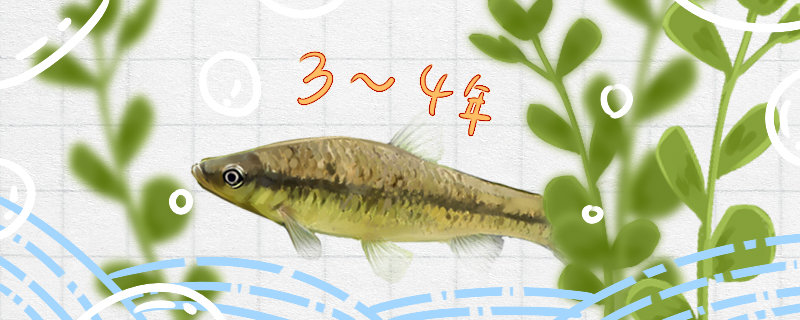
Pseudorasbora parva is an ornamental fish. Their vitality is still relatively tenacious. For some wild species, their life span is generally longer, generally between 5-6 years. However, their longevity can also be affected by environmental factors. If they live in polluted waters, their life span will be shorter and they will easily die of diseases.
For farmed topmouth gudgeon, their life span is shorter than that of wild species, between 3 and 4 years. Of course, the life span of Pseudorasbora parva raised in the family will also be affected by environmental factors. If the environment is not suitable, their life span will generally be lower. Therefore, in order to make them live longer, we need to pay attention to regulating the surrounding environment, such as regulating water temperature, providing adequate oxygen and food, and so on.
Pseudorasbora parva is mainly wild and will soon be domesticated. It is also suitable for living in a pond. It is relatively rare to raise it in a family. Recently, however, they can also be raised in fish tanks. However, there are still many problems that need attention. Although the adaptability of Pseudorasbora parva is relatively strong and its vitality is relatively strong, it is still possible that they will die because they do not adapt to the environment in the fish tank. Therefore, when putting them into the fish tank, we need to adjust the appropriate water temperature and oxygen content and other factors, so that they can adapt as soon as possible. They don't need to be fed at first, and they can start feeding after they get used to the surroundings.